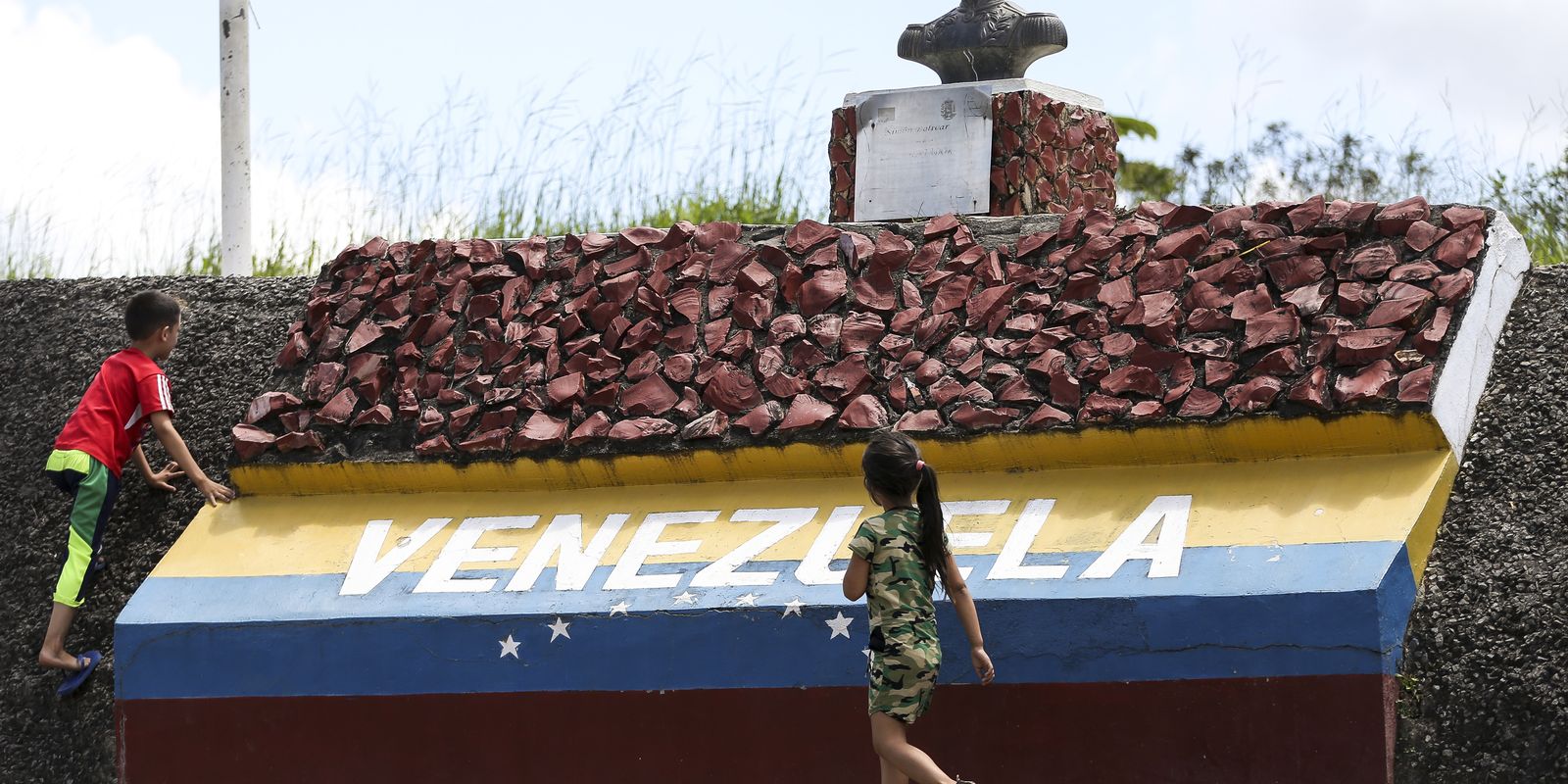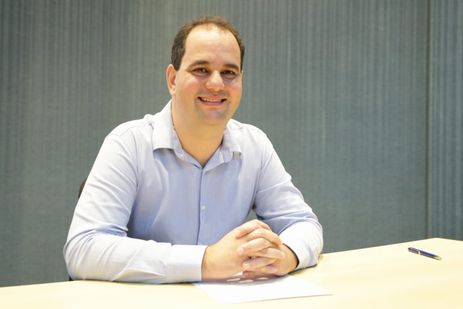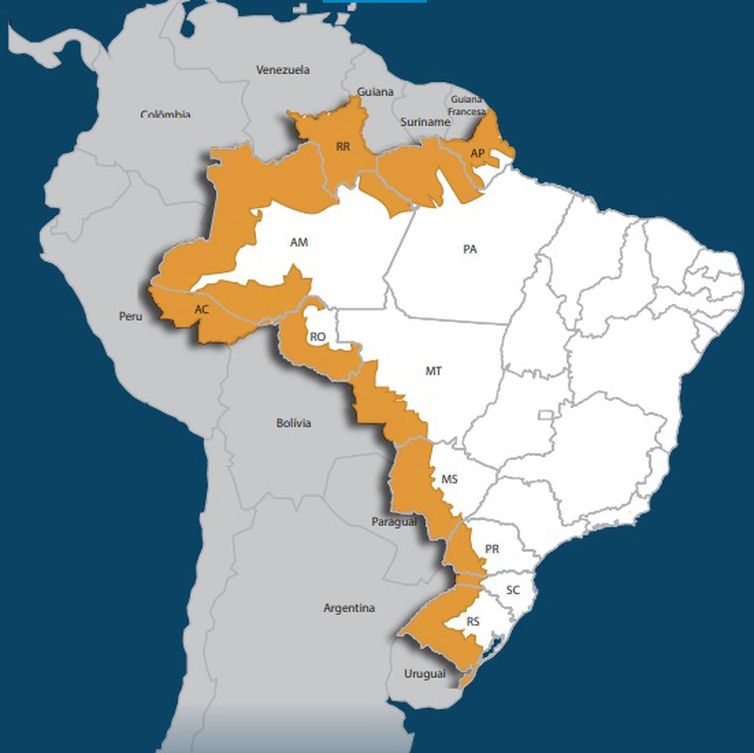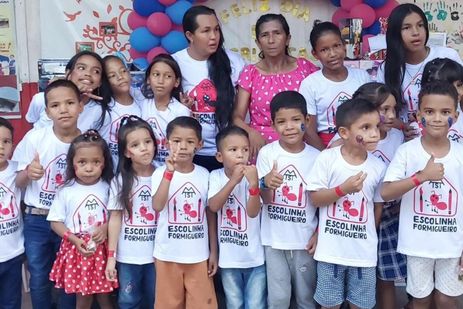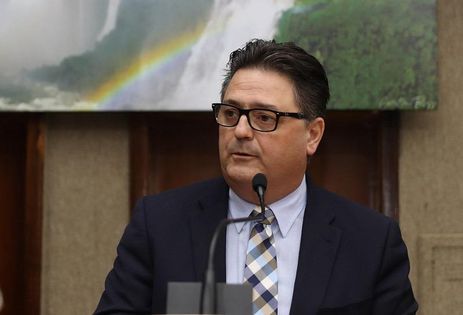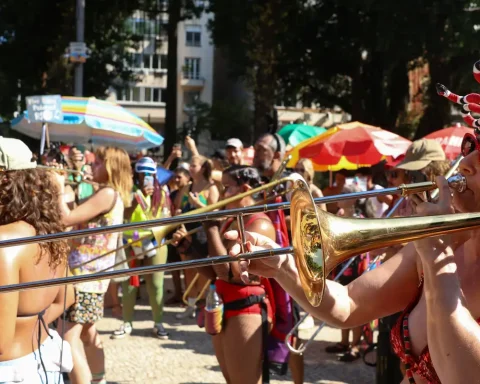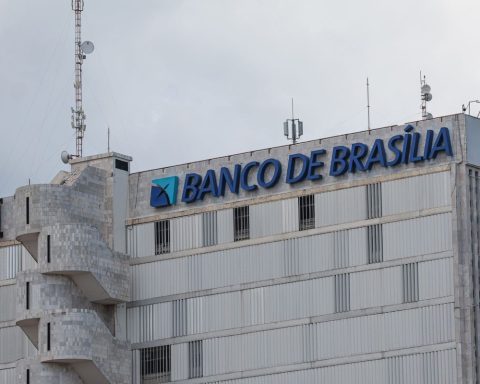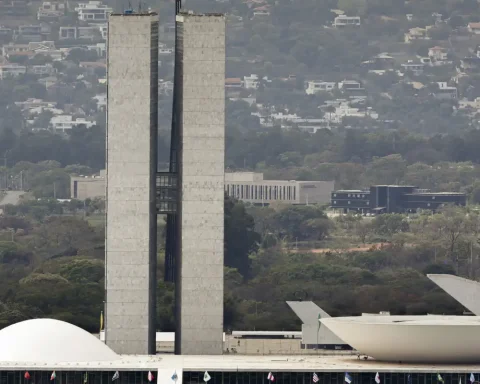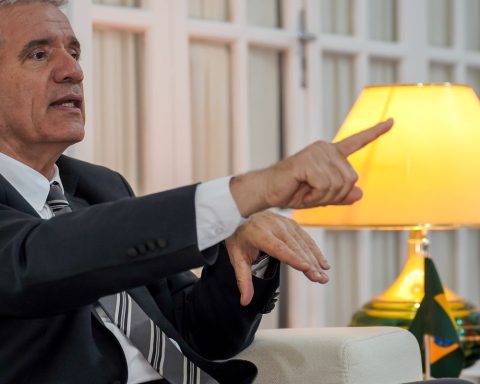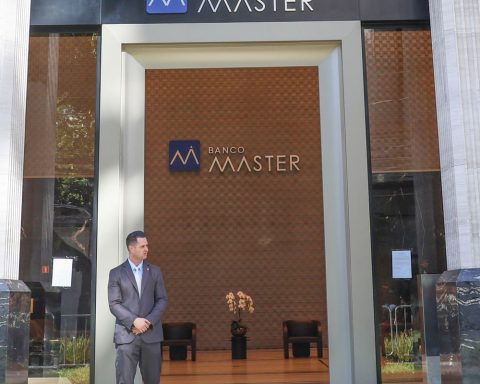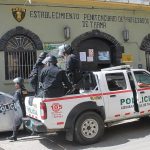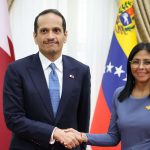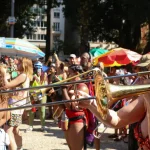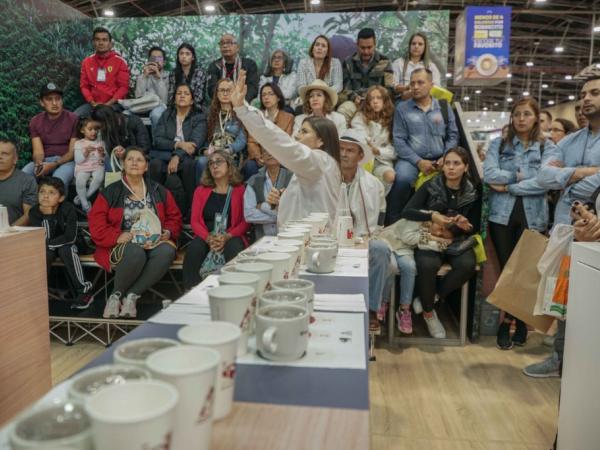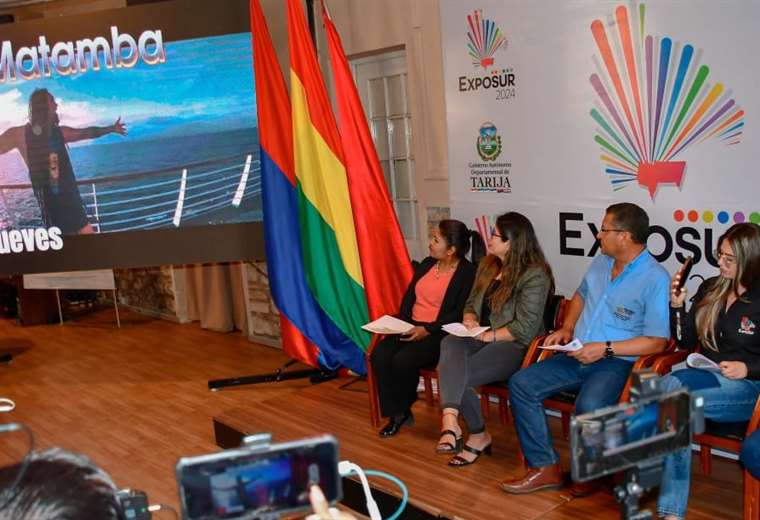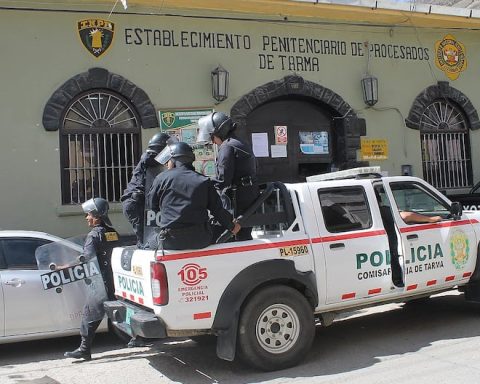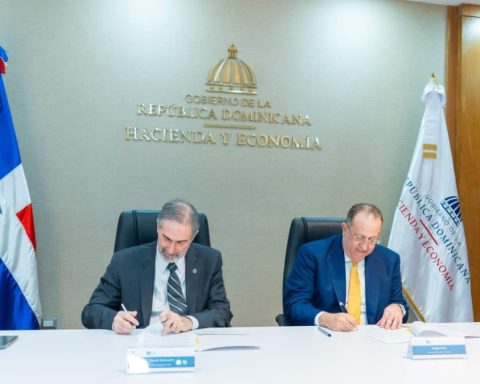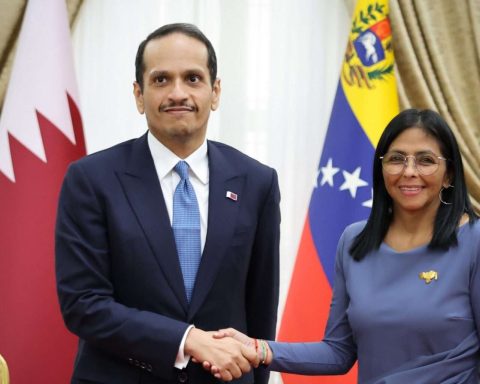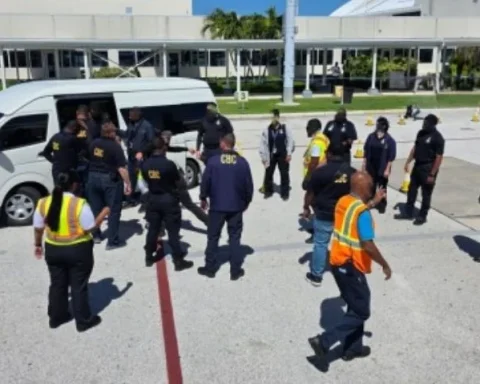For around 11 million Brazilians, the municipal election is also an international matter, since these people live in cities located on the so-called border strip. The area represents 16% of the national territory, with a width of 150 kilometers from the line that divides Brazil from its ten South American neighbors.

Experts consulted by Brazil Agency highlight that the municipal reality on the border has an international dimension that requires mayors and councilors to have diplomatic skills and good coordination with the federal and state governments.
“Municipalities need to develop a parallel diplomacy that requires a discussion on both sides of the border regarding the disposal of solid waste, for fundraising, school transport and the fight against dengue, for example”, explains professor Tomaz Espósito, coordinator of the borders master’s degree and human rights at the Federal University of Grande Dourados (UFGD), in Mato Grosso do Sul (MS).
There are 588 municipalities within the border strip. Of these, 124 cities are on the line that divides Brazil from Venezuela, Paraguay, Bolivia, Argentina, among other nations. Furthermore, in Brazil there are 33 “twin cities”, which are municipalities with strong integration with a city in the neighboring country.
They are twin cities, for example, Guajará-Mirim (RO) and Guayaramerín, in Bolivia; Ponta Porã (MS) and Pedro Juan Caballero, in Paraguay; and Pacaraima (RR) and Santa Elena de Uairén, in Venezuela.
Due to their status as neighbors of other countries, border municipalities face their own challenges such as immigration, international smuggling, strong presence of organized crimelack of local economic development projects and high school dropout rates.
Immigration and housing
Municipal policies for popular housing can solve the problems that immigration has brought to the state of Roraima (RR), says family farmer Maria Ferraz de Matos, 53 years old. She coordinates the Solidarity Kitchen in the state, a project of the Homeless Workers Movement (MTST) that offers free meals to people in situations of poverty.
“You walk in Boa Vista [RR] and finds Venezuelan women, men and children sleeping on the floor. We have a very large housing deficit here. There are also a lot of Brazilian families who make ends meet to pay rent and come to eat here at Cozinha Solidária”, he says.
The intense migratory flow has heightened tensions between Brazilians and Venezuelans in Roraima. “Brazilians get upset because they believe Venezuelans have more rights than they do. I often have to mediate conflicts between the two groups”, says Maria Ferraz.
For the coordinator, city halls must promote housing policies that help both Brazilians and Venezuelans. “There is a lot of land here that could be used for housing policy. However, as Venezuelans don’t vote, it seems that the candidates don’t care about them”, he assesses.
Promoting housing policies is a constitutional duty that also belongs to the municipalitiesas determined by Article 23 of the Brazilian Constitution.
Latin American integration
The sole paragraph of Article 4 of the Constitution, a provision that defines the principles of the country’s international relations, states that Brazil “will seek the economic, political, social and cultural integration of the peoples of Latin America, aiming at the formation of a Latin American community of nations.”
Professor Tomaz Espósito highlights that integration is a daily occurrence in border municipalities and suggests that city halls promote projects so that the Brazilian population can be served in the neighboring country and vice versa.
“On the border between Brazil and Uruguay, we have already seen projects in which there is an exchange of medical services, with Brazilian women going for CT scans in Uruguay and Uruguayans undergoing hemodialysis in Brazil. Arrangements can be created so that the border stops being just an obstacle and actually becomes integration. Brazil starts at the border”, says the expert.
For the president of the Institute for Economic and Social Development of Borders (Idesf), Luciano Stremel Barros, municipalities alone do not have the financial and administrative structure to face the serious problems of Brazilian borders and, therefore, local authorities must have good technical capacity and management.
“The main point is to look for managers who have the capacity or who can, together with society, have minimum technical conditions to work on legislative and administrative aspects. As much as the country loses through corruption, it also loses through poor management”, assesses the president of Idesf, based in Foz do Iguaçu (PR), on the border with Paraguay.
